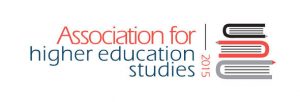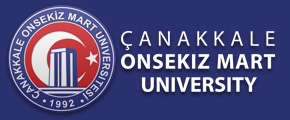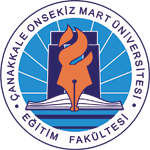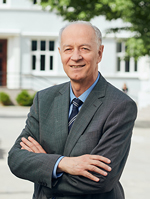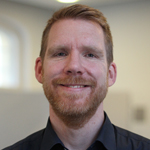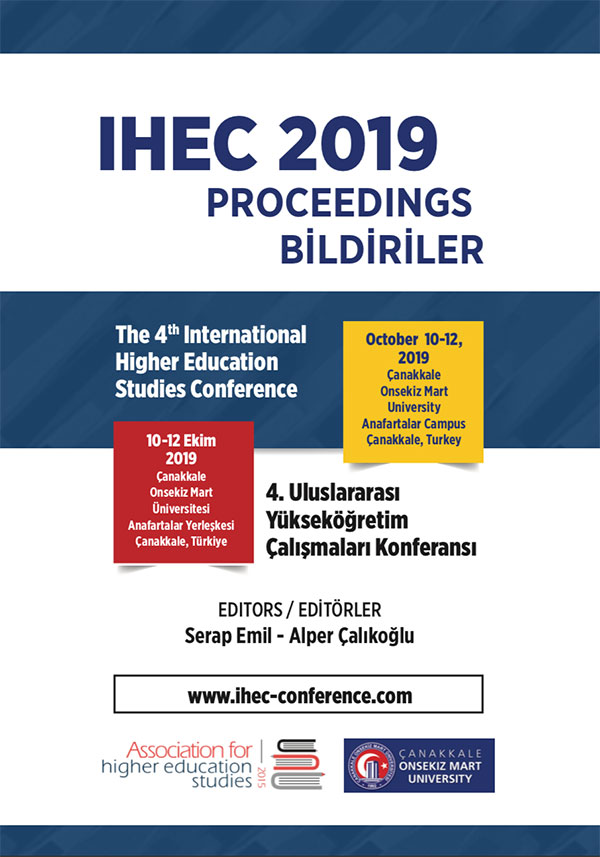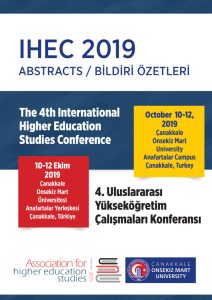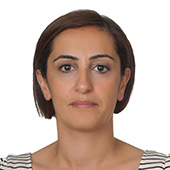
Dr. Serap Emil, 2012 yılından beri Orta Doğu Teknik Üniversitesi Eğitim Bilimleri Bölümü’nde Dr. Öğretim Üyesi olarak görev yapmaktadır. Doktora (Ed.D) derecesini 2011 yılında Amerika Birleşik Devletleri’nde Portland State Üniversitesi’nde Eğitim Liderliği alanından almıştır. Doktora çalışmaları sırasında aynı üniversitenin Eğitim Fakültesinde öğrenci öğrenmesinin değerlendirilmesi, program değerlendirme ve akreditasyon çalışmalarında görev almıştır. Ayrıca, 2008-2012 yılları arasında Rubicon International Eğitim Teknolojisi şirketinde Türkiye’deki okullar başta olmak üzere çeşitli ülkelerde danışman çalışmıştır. Üniversitelerarası Kurul’dan yükseköğretim çalışmaları alanında doçentlik unvanını 2020 yılında almıştır.
Akademik ilgi alanları, yükseköğretim gelişimi, yükseköğretimde öğretim ve öğrenme, öğretim üyesi mesleki gelişimi, yükseköğretimde kalite ve üniversite sıralamalarıdır. Dr. Emil, öğretmen eğitimi lisans programlarında, Eğitime Giriş, Eğitim Sosyolojisi, ve Türk Eğitim Sistemi ve Okul Yönetimi, yüksek lisans düzeyinde ise Araştırma Yöntemleri, Yükseköğretim Yönetimi ve Yönetişim, ve Türk Eğitim Sisteminde Mevcut Sorunlar derslerini vermektedir. Ayrıca, Sosyal Bilimler Enstitüsü’nde Öğrenci Danışmanı olarak çalışmaktadır.
Dr. Serap Emil has been working at the department of Educational Sciences in Middle East Technical University (METU) as an Associate Professor. She has completed her Ed.D (Doctor of Education) in Educational Leadership program at Portland State University. During her graduate education, she has worked at the School of Education as a Research Assistant on student learning, program evaluation, has played an active role in accreditation preparation for the school. She received the title of associate professor in the field of higher education studies from the Interuniversity Board in 2020.
Her academic interests include higher education development, teaching and learning in higher education, faculty professional development, quality in higher education and university rankings. Dr. Emil has been teaching Introduction to Education, Turkish Education System & School Management, Organizational Behavior in the teacher education programs at the bachelor level as well as Research Methods in Education, Higher Education Administration & Governance, and Current Issues in Turkish Education courses at the graduate level. She also serves as the Student Advisor in the Social Sciences Institute.

